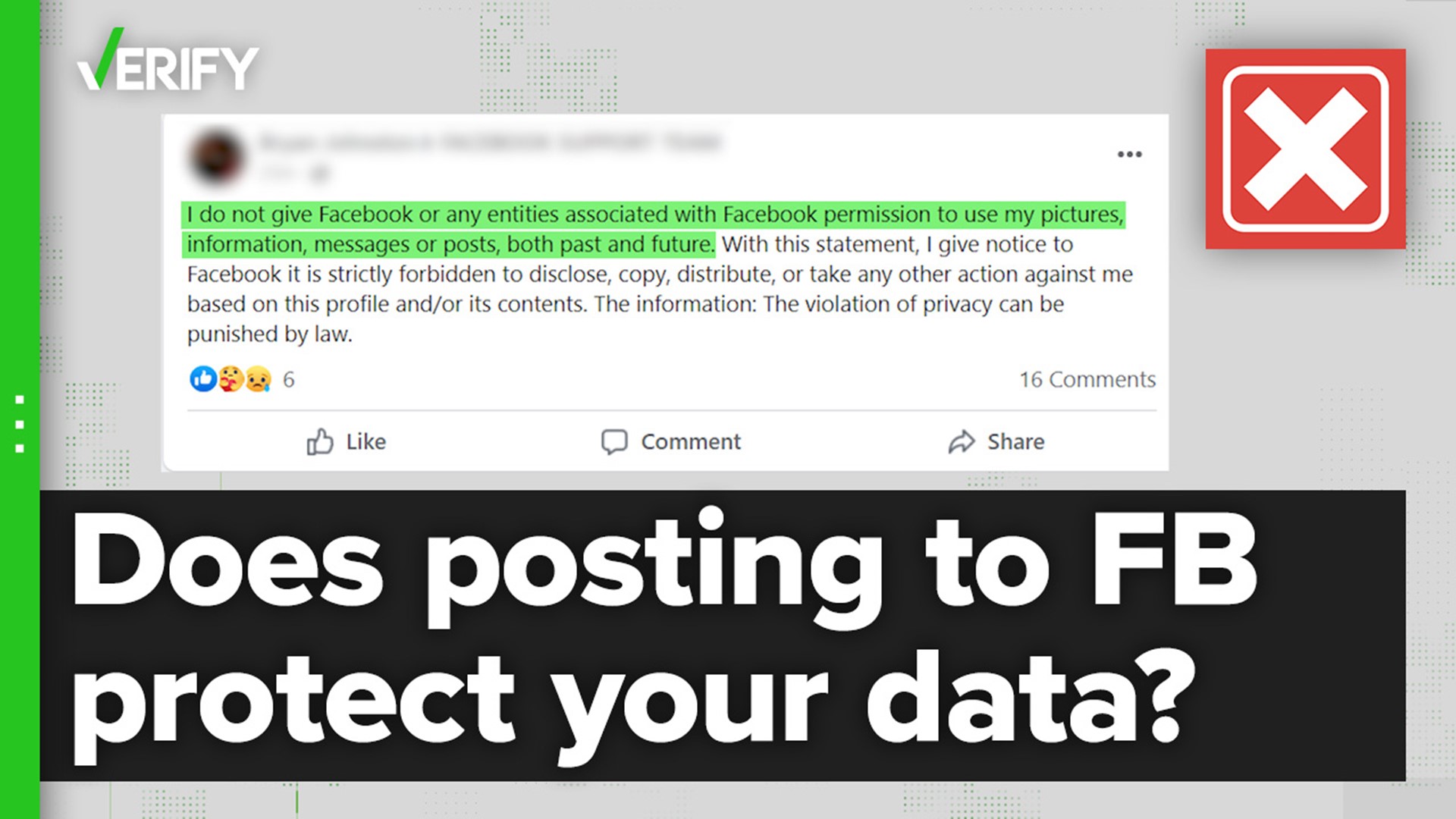Meta can use public content to train AI software, German court rules
US tech giant Meta can use Facebook and Instagram posts from EU users to train its artificial intelligence software Meta AI, a German court ruled on Friday. The urgent case before the Higher Regional Court in Cologne was brought by the consumer protection agency in the western state of North Rhine-Westphalia, accusing Meta of violating EU data protection rules.
Training AI with Public Content
From May 27, Meta plans to use public content from adult users in the European Union, including posts and comments on Instagram and Facebook, to train its AI software, unless users actively object. Content posted by users under the age of 18 will not be used, according to Meta, which denied that its plans would violate EU law.

"This training, which follows the successful launch of Meta AI in Europe last month, will better support millions of people and businesses in the EU by teaching AI at Meta to better understand and reflect their cultures, languages, and history," the company said in an announcement on April 14. "People's interactions with Meta AI – like questions and queries – will also be used to train and improve our models," it added.
Court Ruling and Implications
Presiding Judge Oliver Jörgens on Friday ruled that the consumer association's complaint was unfounded. The court found that the use of the data for AI training was lawful even without user consent as Meta is pursuing a legitimate purpose with the use of the data which cannot be achieved by other, less intrusive means.

"There is no doubt that large amounts of data are required for training purposes that cannot be reliably rendered anonymous in full," Jörgens said. However, after weighing the rights of users and Meta as the operator, the interests in data processing prevail, the judge said.
He argued that Meta credibly stated that it would filter out sensitive information such as names, telephone numbers, or account numbers that could easily be traced back to a user. The urgent decision is not subject to appeal, but the consumer protection agency said it would consider whether to apply for main proceedings.
Future Legal Actions
Max Schrems, head of the European data protection organization Noyb, said he was "somewhat surprised by the outcome of the proceedings," as Meta's infringement was "quite massive and obvious." Even if the preliminary injunction has not been granted, this does not mean that main proceedings cannot be won, he argued.
Schrems said Noyb is planning proceedings for the entire EU. "Other organizations are also considering legal action these days - so the matter is far from over for Meta," he said. "If Meta's actions ultimately prove to be unlawful, the company could be exposed to claims for damages from up to 400 million European users."




















